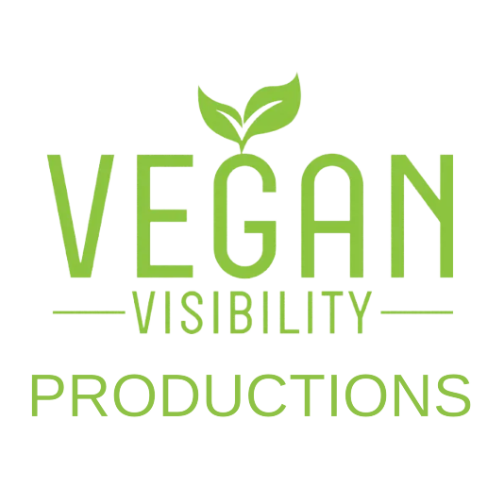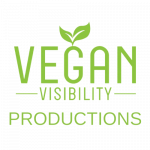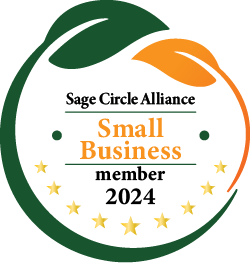 Opinions are like toes. Everyone has them, and often, more than one. But beyond mere diversity, opinions can be shaped by a phenomenon known as opinion bias. This bias refers to the inclination to process information and form judgments based on personal beliefs, preferences, or preconceptions. It’s a pervasive force that can influence our understanding of the world in subtle and not-so-subtle ways.
Opinions are like toes. Everyone has them, and often, more than one. But beyond mere diversity, opinions can be shaped by a phenomenon known as opinion bias. This bias refers to the inclination to process information and form judgments based on personal beliefs, preferences, or preconceptions. It’s a pervasive force that can influence our understanding of the world in subtle and not-so-subtle ways.
Here’s how it works:
Confirmation Bias: Seeking out or interpreting information in a way that confirms one’s pre-existing beliefs.
Anchoring Bias: Relying heavily on the first piece of information encountered (the “anchor”) when making decisions.
Selection Bias: Selecting data or participants in a way that is not representative, leading to skewed results.
Framing Effect: The way information is presented (the “frame”) influences decision-making and judgment.
Cognitive Dissonance: Discomfort from holding conflicting cognitions, leading to justification or alteration of beliefs to reduce discomfort.
Bandwagon Effect: Adopting beliefs or behaviors because many other people do the same.
Opinion bias affects how people perceive reality and make decisions, often leading to irrational or suboptimal outcomes.
Trial of the Century
A great example is the recent trial that took front and center in the news. For many people, regardless of what the ruling was, most felt the same way about Donald Trump after the verdict as before.
most felt the same way about Donald Trump after the verdict as before.
For some, facts were not the issue. Opinions were and are.
Being aware of these biases is crucial for critical thinking and objective decision-making. Overcoming opinion bias requires active effort to seek diverse perspectives, question assumptions, and use evidence-based reasoning.
The Impact of Incorrect Information
The thing about opinions is that they are often formed based on incorrect information. For instance, many individuals believe that eating a plant-based diet is expensive.
This perception might be influenced by reports funded by the meat and dairy industry or by the assumption that plant-based eating primarily involves processed foods, which can indeed be pricey. In reality, eating a whole food, plant-based diet can be very cost-effective.
However, those who think it’s expensive may be basing their opinion on erroneous information.
Entrepreneurs and Outsourcing
Another area where erroneous opinions are common is among entrepreneurs. Some believe they can’t afford to hire someone to help with their business or outsource time-consuming tasks that aren’t the best use of the owner’s time.
This belief might stem from the misconception that outsourcing is prohibitively expensive. In reality, outsourcing can be a cost-effective way to free up the entrepreneur’s time for more strategic activities that drive business growth.
Common Sense and Bias
 The term “common sense” can itself be influenced by confirmation bias. What seems like common sense to one person may be heavily influenced by their cultural background, education, and personal experiences. Hence, common sense is not always a reliable guide to objective truth.
The term “common sense” can itself be influenced by confirmation bias. What seems like common sense to one person may be heavily influenced by their cultural background, education, and personal experiences. Hence, common sense is not always a reliable guide to objective truth.
Addressing confirmation bias involves actively seeking out and considering evidence that challenges one’s beliefs, being open to changing one’s views in light of new information, and recognizing the influence of preconceptions on one’s interpretation of data. Engaging with a wide range of perspectives and relying on meta-analyses and systematic reviews, which summarize and synthesize multiple studies, can also help mitigate the effects of confirmation bias in forming opinions about healthy eating and business decisions.
About the Author
Kathleen Gage is a highly experienced business consultant, keynote speaker, author, and marketing strategist. She’s the founder of Vegan Visibility and co-founder of Vegan Visibility Productions. Kathleen is known for her resilience in navigating economic challenges and her commitment to advocating for a sustainable, compassionate world. She consults with vegan plant-based businesses, hosts popular podcasts, authors books, and organizes the virtual summits, book launches, and digital product launches. Kathleen resides in Central Oregon, where she indulges her passion for outdoor activities and cares for rescued animals on her property.
Learn more about Kathleen and her involvement in the vegan niche and market at www.VeganVisibilityProductions.com


